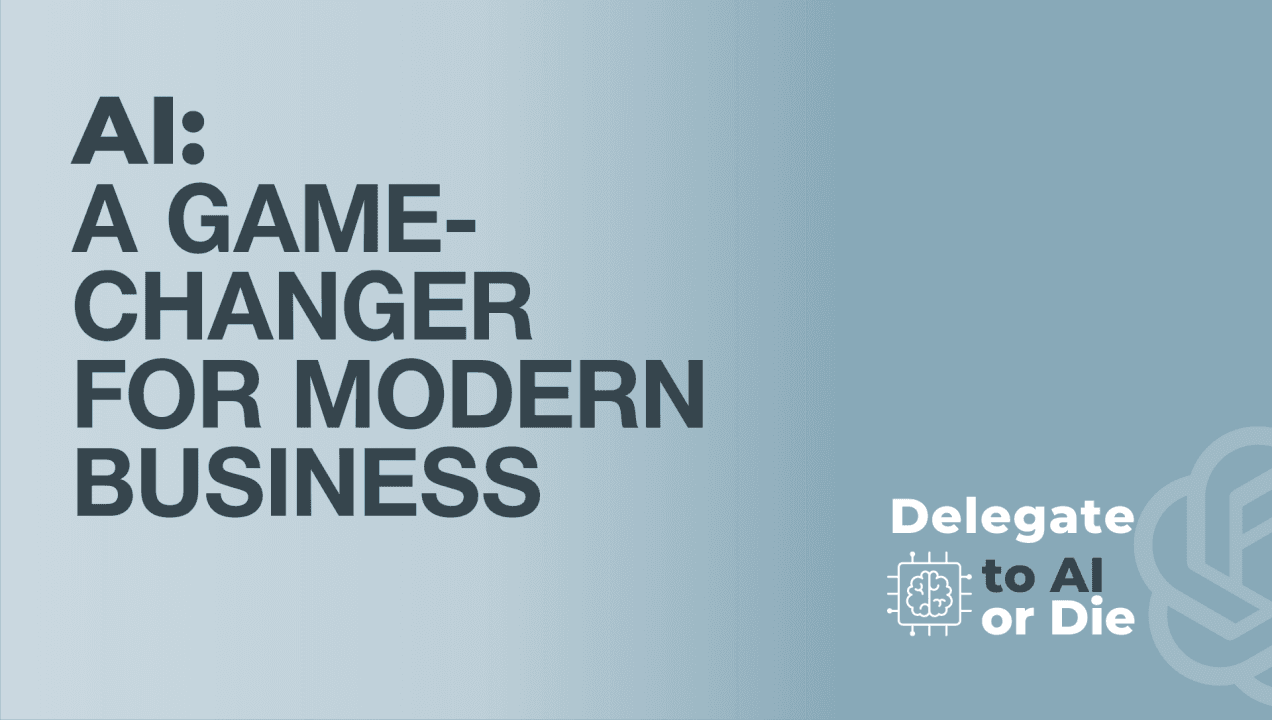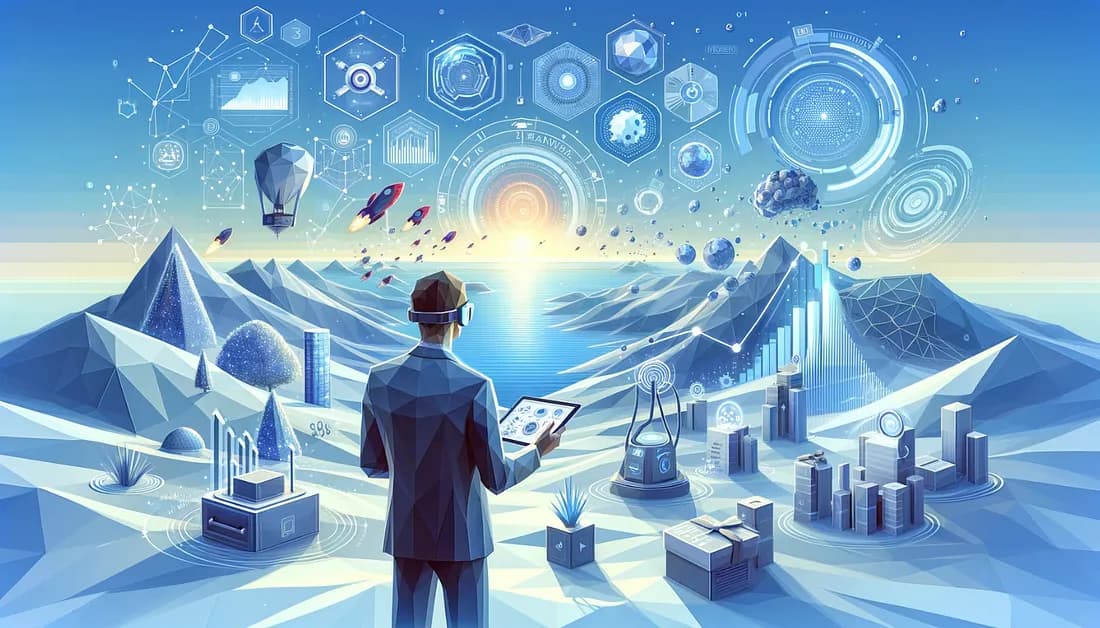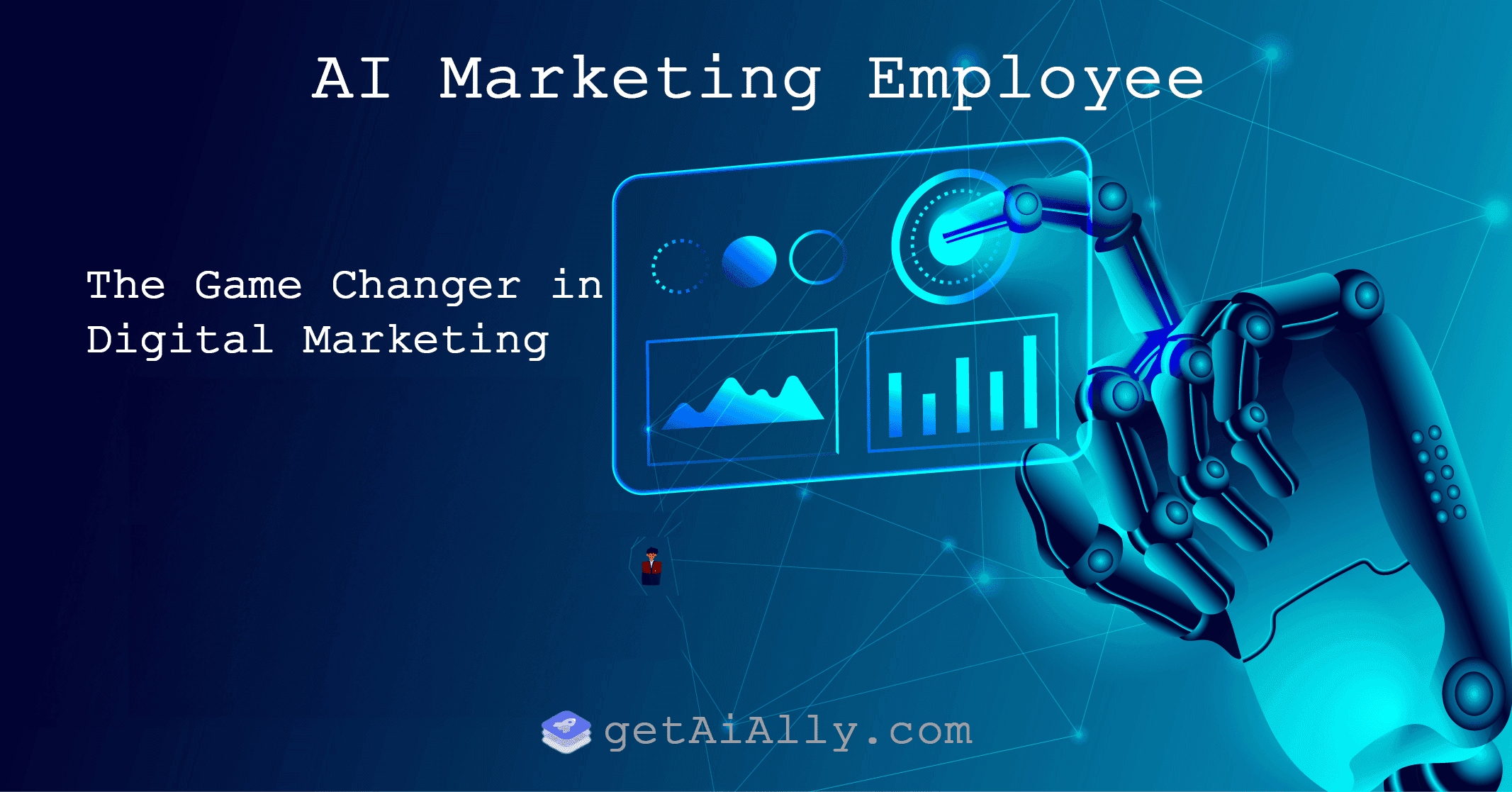Integrating AI Employees: A Game-Changer for Modern Businesses

Lawrence Liu
8/8/2024

Integrating AI Employees: A Game-Changer for Modern Businesses
In the rapidly evolving landscape of modern business, artificial intelligence (AI) is no longer a futuristic concept but a present-day reality. The integration of AI employees into the workforce is proving to be a game-changer, revolutionizing how businesses operate and compete in the global market.
The Evolution of AI in the Workplace
AI has come a long way from being a mere tool to becoming an integral part of the workforce. Today's AI employees are sophisticated systems capable of learning, adapting, and performing complex tasks that were once the exclusive domain of human workers.
Key Capabilities of AI Employees:
- Natural Language Processing (NLP) for communication
- Machine Learning for continuous improvement
- Data Analysis for informed decision-making
- Task Automation for increased efficiency
Benefits of Integrating AI Employees
1. Enhanced Productivity
AI employees can work 24/7 without fatigue, significantly boosting overall productivity. They excel at repetitive tasks, allowing human employees to focus on more creative and strategic work.
2. Cost-Efficiency
While the initial investment may be substantial, AI employees offer long-term cost savings by reducing the need for large human workforces for certain tasks.
3. Data-Driven Insights
With their ability to process vast amounts of data quickly, AI employees provide valuable insights that can drive business strategies and decision-making.
4. Improved Customer Service
AI-powered chatbots and virtual assistants can provide instant, round-the-clock customer service, enhancing customer satisfaction and loyalty.
5. Error Reduction
AI employees are particularly adept at performing repetitive tasks with a high degree of accuracy, significantly reducing the likelihood of human errors in processes such as data entry, calculations, and quality control.
Challenges and Considerations
While the benefits are numerous, integrating AI employees also comes with challenges:
- Ethical considerations
- Data privacy concerns
- The need for human oversight
- Potential job displacement
- Skills gap and training requirements: As AI is introduced, existing employees may need new skills to collaborate effectively with AI systems.
The Future of Work: Human-AI Collaboration
The true power of AI employees lies not in replacing humans but in augmenting human capabilities. The future workplace will likely see seamless collaboration between human and AI employees, each leveraging their unique strengths.
The Hybrid Workplace
The concept of a hybrid workplace, where AI and human employees coexist and collaborate, is becoming increasingly relevant. This new work environment requires careful planning to balance the strengths of both AI and human workers. For instance, AI can handle data processing and analysis, while humans can use these insights for strategic decision-making and creative problem-solving.
Impact on Company Culture
Integrating AI employees can significantly impact company culture. While AI can enhance efficiency and productivity, it's crucial to maintain the human elements that define a company's values and team spirit. Leaders must communicate clearly about the role of AI and emphasize how it empowers human employees rather than replaces them.
Case Study: AI Integration Success
Consider the case of a large e-commerce company that successfully integrated AI employees into its customer service department. By implementing AI chatbots to handle routine inquiries, the company saw a 40% reduction in response times and a 25% increase in customer satisfaction scores. Human customer service representatives were then able to focus on more complex issues, leading to improved job satisfaction and a 15% decrease in employee turnover.
Conclusion
Integrating AI employees is more than just a trend; it's a fundamental shift in how businesses operate. As we move forward, companies that successfully integrate AI into their workforce will likely see significant advantages in efficiency, innovation, and competitiveness.
The key to success lies in viewing AI not as a replacement for human workers, but as a powerful tool to enhance human capabilities and drive business success in the digital age.
Advice for Business Leaders
For business leaders looking to integrate AI employees:
- Start small: Begin with pilot projects in specific departments.
- Invest in training: Prepare your human workforce to work alongside AI.
- Foster a culture of innovation: Encourage employees to embrace AI as a collaborative tool.
- Prioritize ethical considerations: Develop clear guidelines for AI use and data handling.
- Continuously evaluate and adapt: Regularly assess the impact of AI integration and be prepared to make adjustments.
By thoughtfully integrating AI employees, businesses can position themselves at the forefront of innovation, driving growth and success in an increasingly competitive global marketplace.
Related Posts

AI-Driven Personalized Marketing: Redefining the New Paradigm of Customer Experience
Dive deep into how AI marketing employees are revolutionizing personalized marketing strategies. From precise customer profile construction to dynamic content generation, understand how AI creates unprecedented personalized customer experiences.

AI Marketing Employee: A New Paradigm for Data-Driven Decision Making
Explore how AI marketing employees are revolutionizing data processing and analysis. Learn how this groundbreaking technology provides real-time insights, optimizes decision-making processes, and drives precision in marketing strategies.

AI Marketing Employee: The Game Changer in Digital Marketing
Explore how AI marketing employees are revolutionizing the digital marketing landscape. Learn how this groundbreaking technology enhances efficiency, precision, and creates unprecedented value for brands.